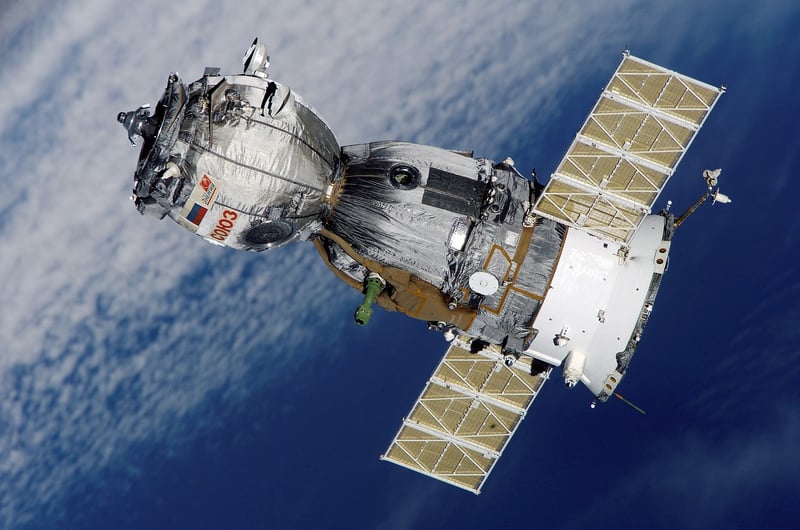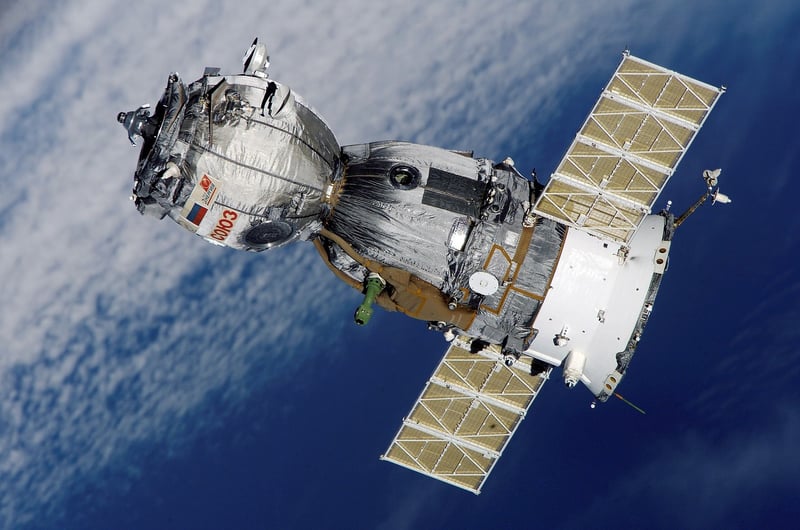Robotic Spacecraft
The Future of Space Exploration: Robotic Spacecraft Leading the Way

Space exploration has always been at the forefront of technological innovation, pushing the boundaries of what is possible. Robotic spacecraft have played a pivotal role in advancing our understanding of the universe and unlocking its mysteries. Let's delve into some cutting-edge tools that are shaping the future of space exploration.
1. Mars Rovers
Mars rovers are robotic vehicles designed to explore the surface of Mars. These advanced machines are equipped with a variety of scientific instruments to study the geology, climate, and potential for microbial life on the Red Planet. NASA's Curiosity rover and Perseverance rover are prime examples of the latest in Mars exploration technology.
2. Space Telescopes
Space telescopes like the Hubble Space Telescope and the James Webb Space Telescope have revolutionized our understanding of the cosmos. These powerful instruments orbit Earth, capturing breathtaking images of distant galaxies, stars, and planets. They have helped scientists make groundbreaking discoveries about the origins of the universe.
3. Asteroid Sample Return Missions
Robotic spacecraft have been instrumental in conducting asteroid sample return missions. These missions involve collecting samples from asteroids and returning them to Earth for analysis. NASA's OSIRIS-REx and Japan's Hayabusa2 are leading the way in studying these ancient celestial bodies.
4. Lunar Landers
Lunar landers are robotic spacecraft designed to land on the surface of the Moon. These vehicles play a crucial role in studying the lunar environment and preparing for future human missions to the Moon. Companies like SpaceX and NASA are developing innovative lunar landers to explore Earth's celestial neighbor.
5. Interplanetary Probes
Interplanetary probes are unmanned spacecraft sent to explore planets, moons, and other celestial bodies in our solar system. These robotic explorers gather valuable data about the composition, atmosphere, and geological features of their target destinations. Missions like NASA's Voyager and Juno probes have provided unprecedented insights into our solar system.
Robotic spacecraft continue to push the boundaries of space exploration, paving the way for future human missions to Mars, the Moon, and beyond. With cutting-edge technologies and innovative engineering, these advanced tools are revolutionizing our understanding of the universe.
Are you excited about the future of space exploration and the role of robotic spacecraft in unlocking the mysteries of the cosmos? Stay tuned for more updates on the latest advancements in space technology!
